San José, Costa Rica
Summit to Streets: San José's Peaks and Trendy Retreats
Guarded by majestic volcanoes and green hills, San Jose is a host to world-class museums, parks, hotels, theaters, and historic buildings.
- San Jose is both the name of the capital city and the province it’s located in. The province of San José, also known as “Provincia de San José”, encompasses the broader region surrounding the city of San José. It includes various towns, suburbs, and communities beyond the city limits.
- Coffee is a key part of Costa Rican coffee culture and heritage. While in San José, visit Caféoteca for an educational journey through Costa Rica’s coffee culture. Learn about coffee production, tasting techniques, and savor some of the finest local brews.
- Cerro de la Muerte “or summit of death,” is one of the highest points in Costa Rica. Just a short drive outside the city, this high mountain pass offers breathtaking views of lush jungle, and an abundance of tropical birds. Is it said to be a birdwatcher’s paradise.
- Barrio Escalante is one of the trendiest spots in San José. Known for its expansive, mid-20th-century residences, the neighborhood is filled with eclectic restaurants and bars as well, numerous shops that sell locally designed objects. A hub of creativity and culture, that offers a unique and captivating experience to tourists and locals alike.
- Known as the lungs of San José, Braulio Carrillo National Park is one of the largest protected areas in Costa Rica. It is home to reptiles, amphibians, bats, anteaters, jaguar, and pumas, as well as over 6,000 plant species.
Staying informed about potential health risks and taking necessary precautions can help ensure a safe and enjoyable trip to San José. It’s crucial for travelers to be aware of the potential risk and take necessary precautions to protect themselves from Varicella and other travel related diseases.
What is Varicella?
Varicella, commonly known as chickenpox, is a highly contagious viral infection caused by the varicella-zoster virus (VZV). It primarily affects children but can also occur in adults who have not been previously infected or vaccinated. The infection is characterized by a widespread itchy rash with small, fluid-filled blisters that eventually scab over.
How to Prevent Varicella?
Prevention of Varicella includes avoiding contact with infected individuals, practicing good hygiene, maintaining a clean environment, isolating infected individuals, and vaccination.
Is Varicella Vaccine Necessary?
The varicella vaccine provides a high level of protection against the varicella-zoster virus (VZV) that causes chickenpox. It is recommended for children, adolescents, and adults who have not been previously vaccinated or had chickenpox. If you are traveling to an area where varicella is endemic or prevalent, or if you anticipate close contact with individuals who may have varicella or shingles, vaccination can help reduce the risk of contracting the disease.
To find out if your destination(s) require Varicella vaccine, consult a Rockdoc Travel Medicine Professional here.
We have made every effort to ensure the accuracy and reliability of the provided information, however, it is not feasible for us to update daily. Please book a virtual consultation with one of our Travel Medicine Professionals for current, personalized advice and answers to any questions you may have.
Is Varicella Serious Disease?
Symptoms of Influenza include:
- Rash: hallmark symptom of varicella is a red, itchy rash that starts as small red bumps and progresses to fluid-filled blisters
- Fever: mild to moderate fever, often one of the first symptoms to appear
- Fatigue and general malaise
- Headache
- Loss of appetite
- Sore throat
- Muscle and joint pain, particularly in adults
- Mild respiratory symptoms, such as a runny nose or cough
Varicella (Chickenpox) Fast Facts
- It may take 10 to 21 days for symptoms to appear after infection has occurred. A person is most contagious from 1 to 2 days before to shortly after the onset of rash. Contagiousness persists until the skin lesions crust over.
- Varicella is very common worldwide and in densely populated metropolitan communities.
- Varicella is solely a human disease and is one of the most readily infectious illnesses. The virus can be spread by direct contact with fluid in the lesions or through the airborne spread from the respiratory tract.
The varicella vaccine provides a high level of protection against the varicella-zoster virus (VZV) that causes chickenpox. It is recommended for children, adolescents, and adults who have not been previously vaccinated or had chickenpox. Before you travel to San José, be sure to book a consult with a Rockdoc Travel Health Professional. Rockdoc will determine your risk, immune status, and provide next steps to ensure you are protected against Varicella, and all other travel-related illnesses.
For optimal results, it’s best to have your travel medical consultation 4 to 6 weeks before your trip. This allows vaccines to take effect, as some may need multiple doses. For unexpected last-minute trips, we’ll customize recommendations based on your available time before departure.
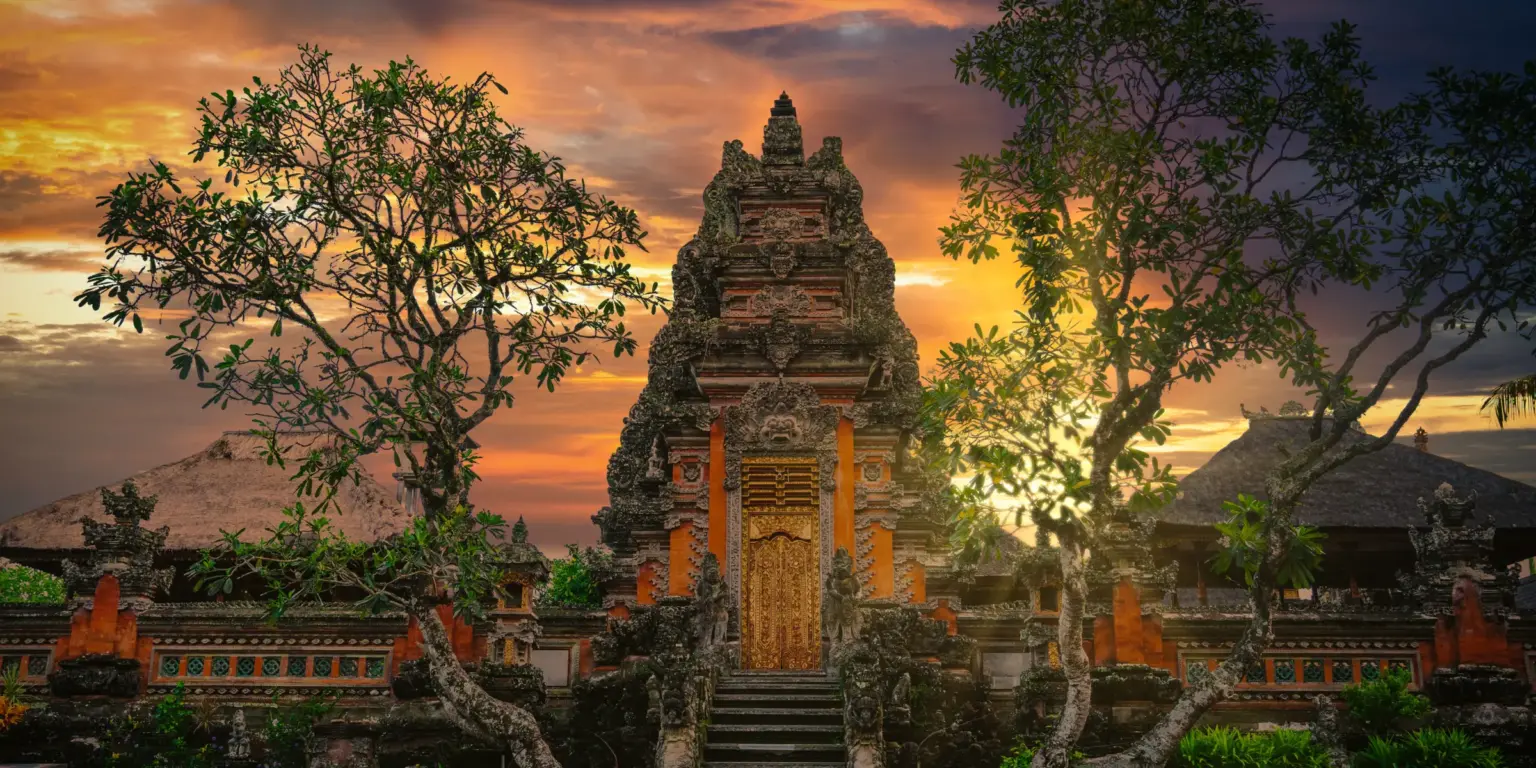
Bali, Indonesia
Known for its sheer natural beauty of looming volcanoes and lush terraced rice fields, Bali exudes peace and serenity.
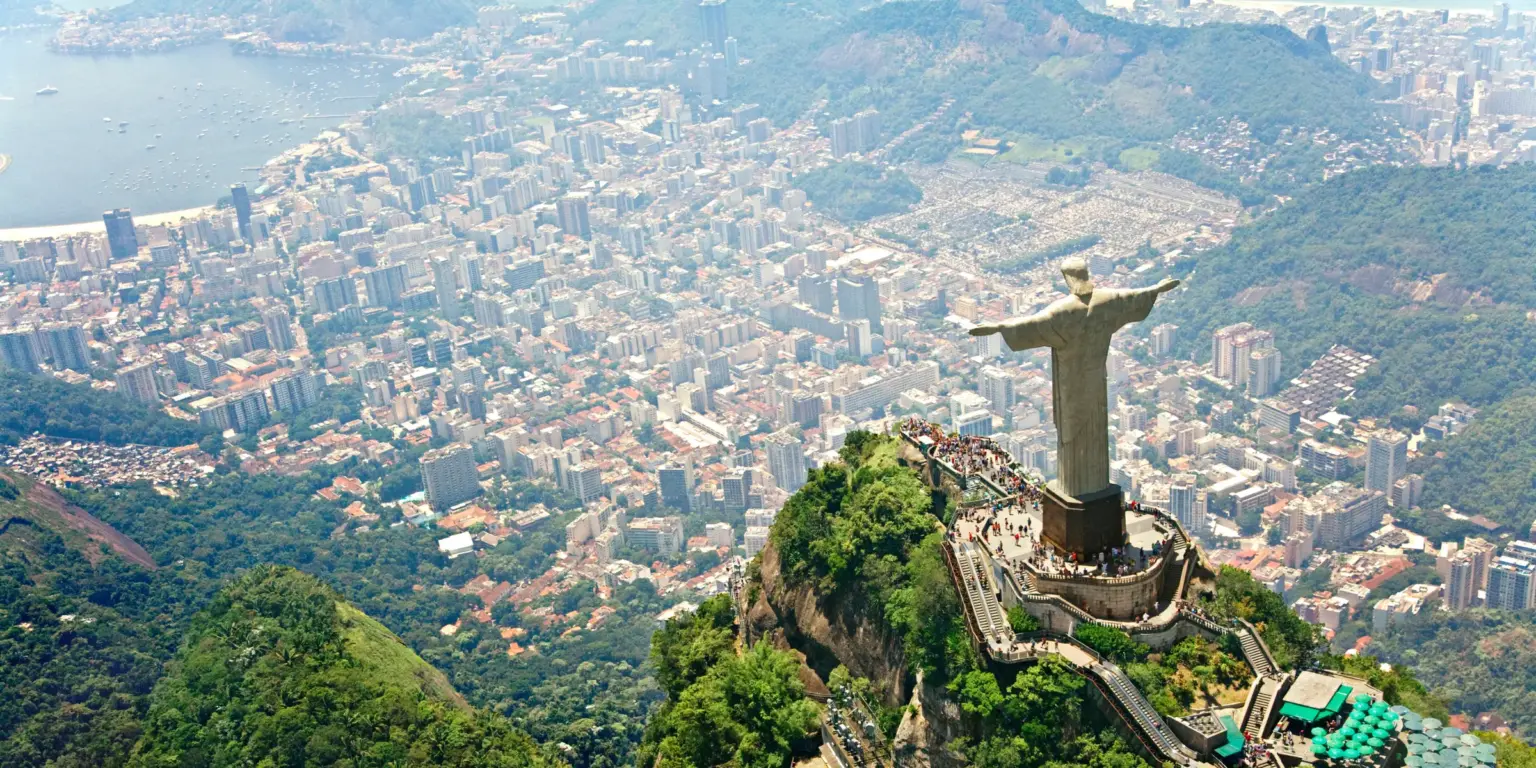
Rio de Janeiro, Brazil
One of the most visited cities in the Southern Hemisphere, Rio de Janeiro is famous for its beaches, nightlife, samba, and the flamboyant Carnival.
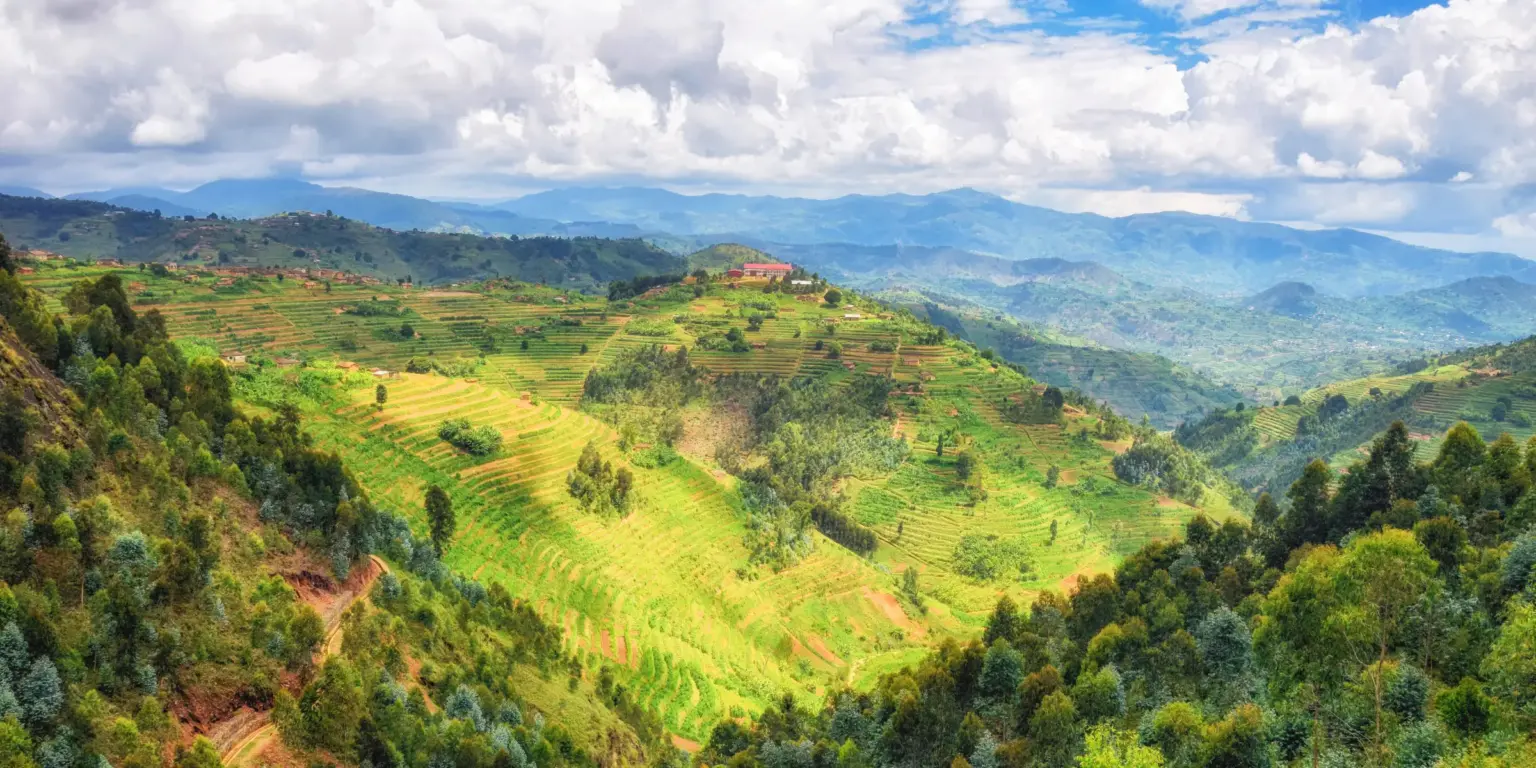
Rwanda
Known as the land of a thousand hills, Rwanda’s stunning scenery and warm, friendly people offer unique experiences to all that visit this remarkable country.
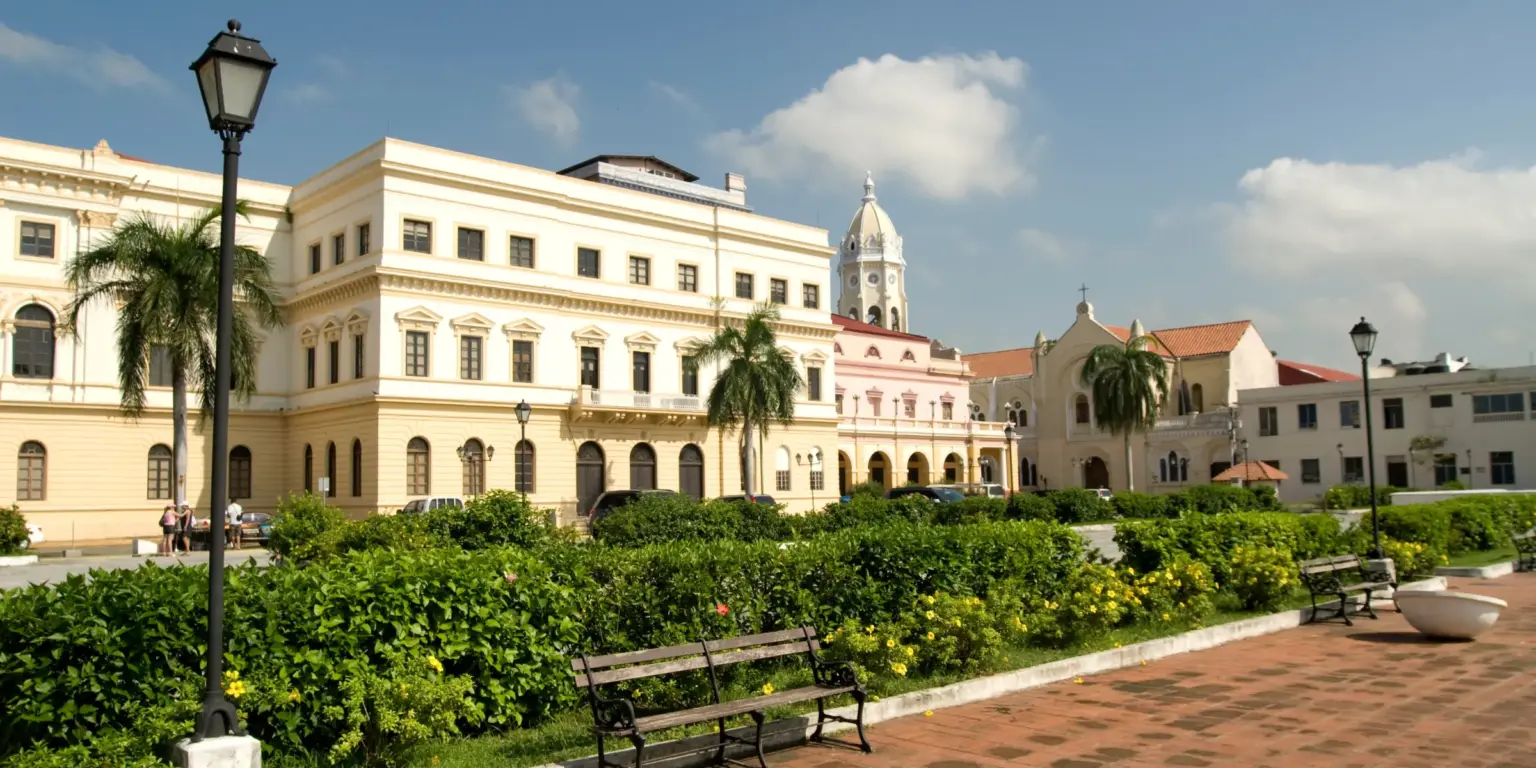
Panama
Radiating with life, full of authenticity where old and new worlds coexist, Panama’s metropolitan landscapes live in harmony with wild, untamed rainforests.
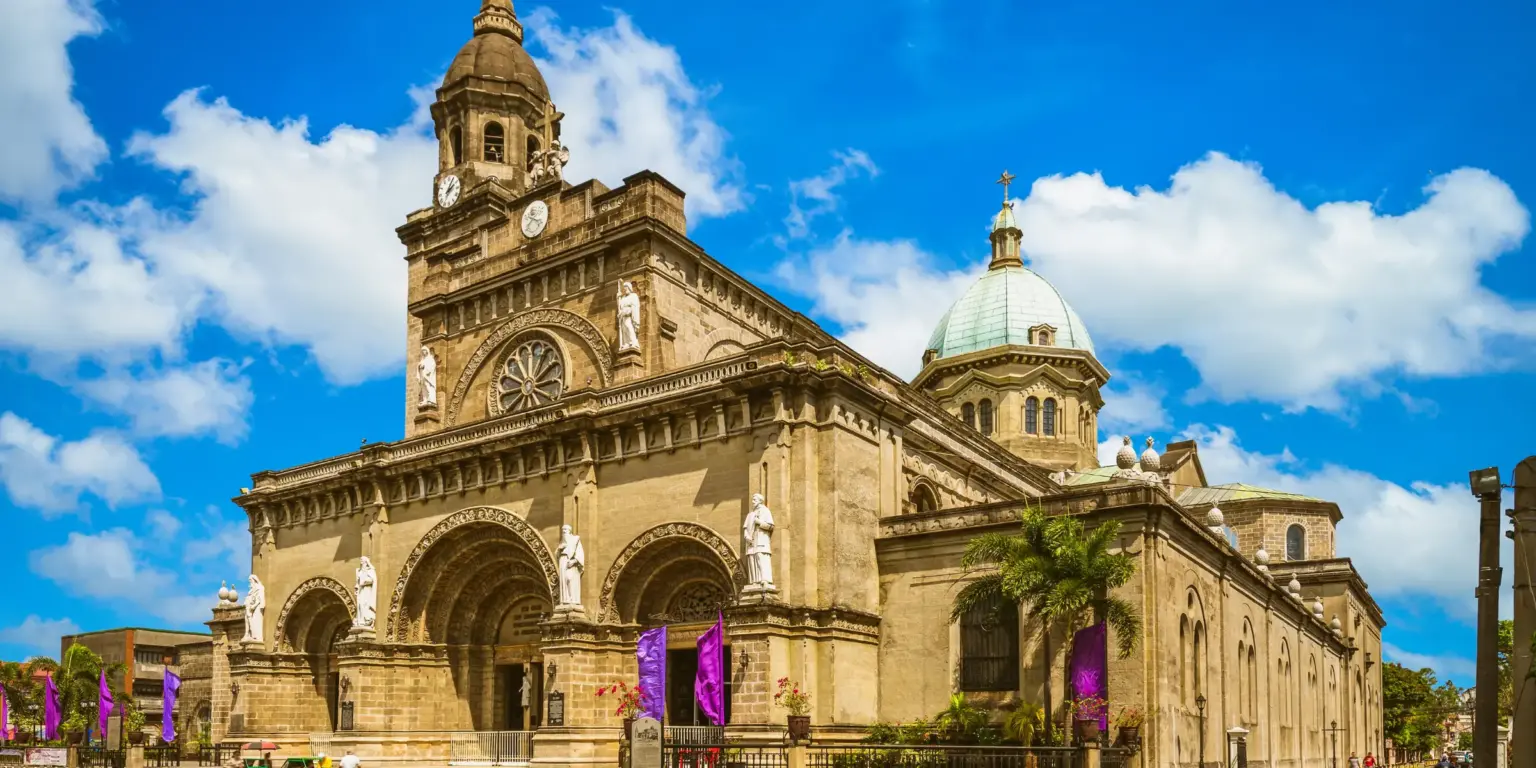
Manila, Philippines
Known for its natural landscapes that keep the visitors in awe, with breathtaking valleys, vibrant beaches and jagged mountain peaks, Manila is a beautiful city full of surprises and experiences to try.
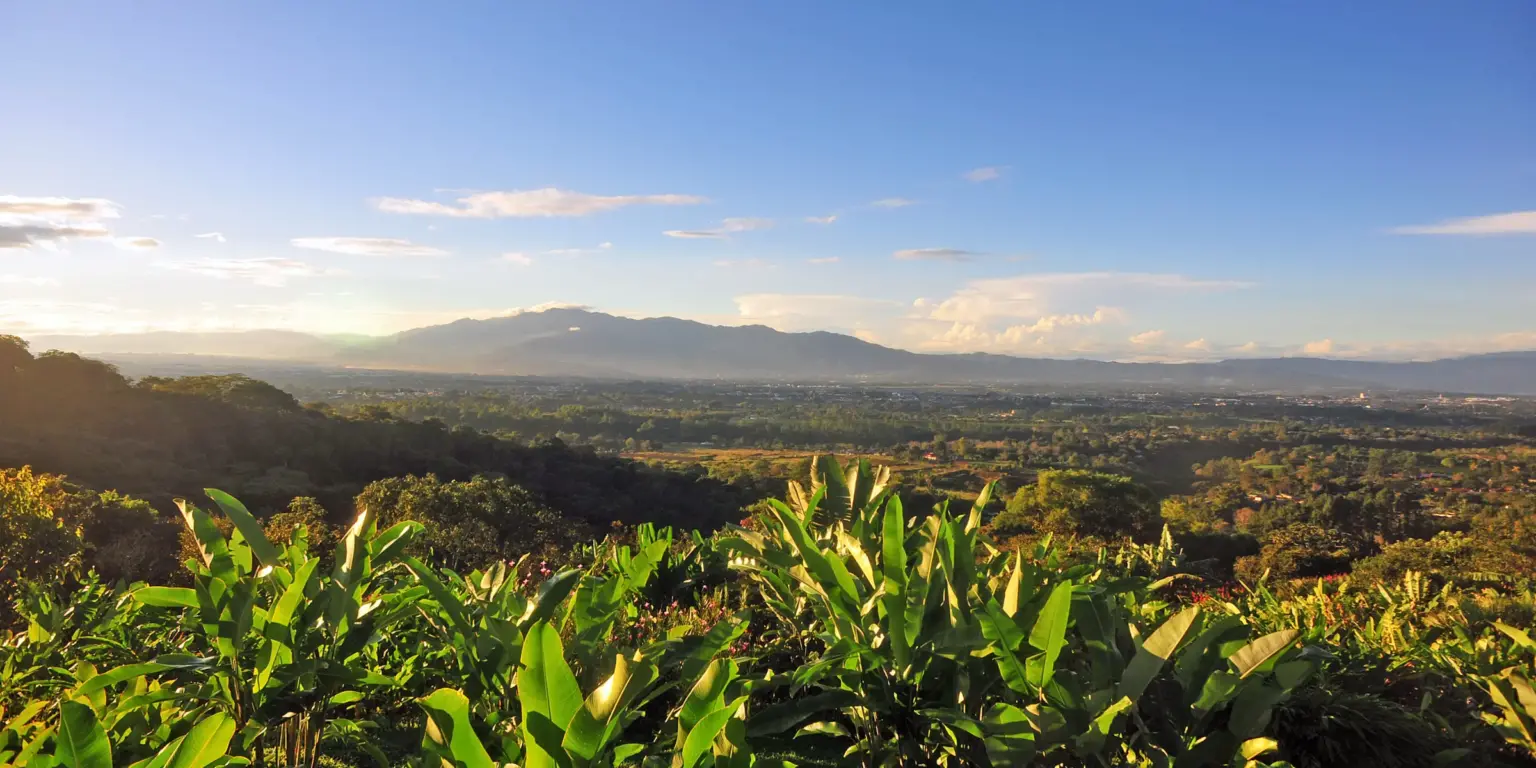
San José, Costa Rica
Guarded by majestic volcanoes and green hills, San Jose is a host to world-class museums, parks, hotels, theatres, and historic buildings.

